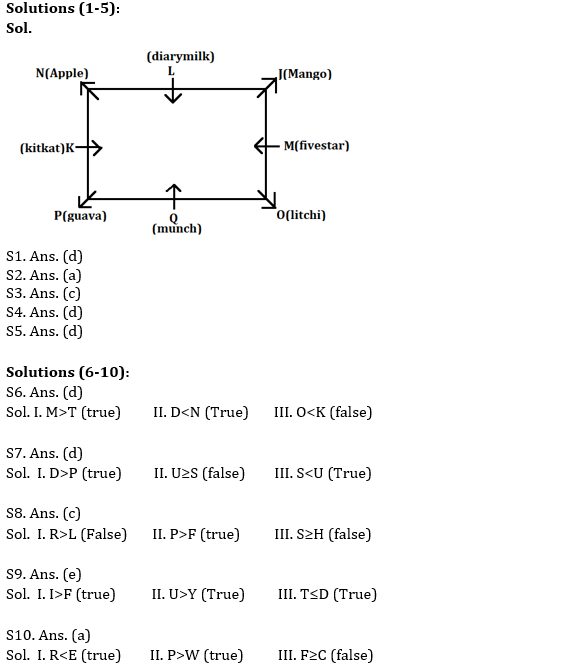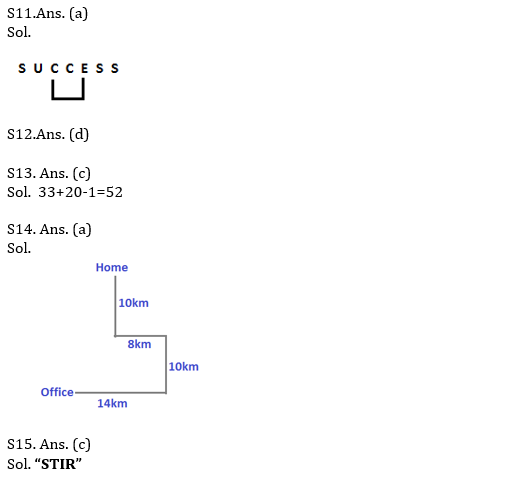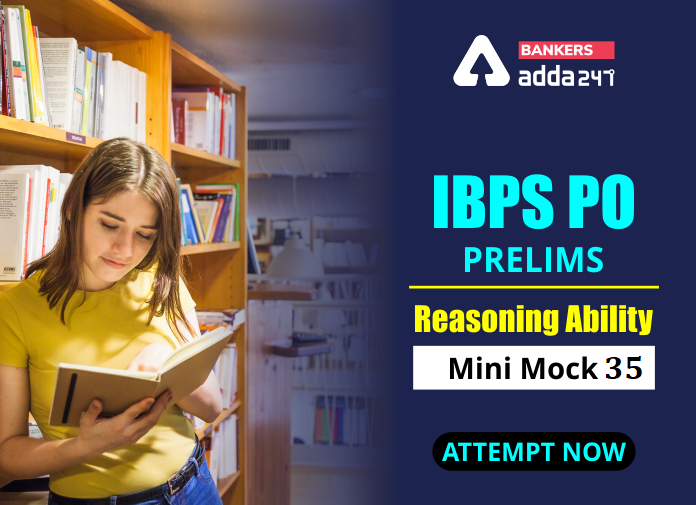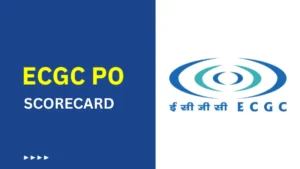Table of Contents
Direction (1-5): Study the following information to answer the given questions:
Eight persons i.e., J, K, L, M, N, O, P and Q are sitting around a rectangular table. Persons sitting at the centre of the sides are facing towards inside and likes different chocolates i.e., Dairymilk, Fivestar, Kitkat and Munch. Those sitting at the corner are facing towards outside the table and likes different fruits i.e., Mango, Apple, Litchi and Guava. All information are not necessarily in the same order.
M sits second to the right of Q. K and M do not like Guava. O do not like Mango. Two persons sit between Q and N, who likes apple. The one who faces L likes munch. O does not sit opposite to one who likes guava. K and L are immediate neighbors of N. L likes Dairymilk and sits immediate left of the one who likes mango. K faces M. P does not sit opposite to N and is not an immediate neighbor of the one who likes diarymilk. M does not like kitkat. O likes Litchi.
Q1. Who sits exactly between N and P?
(a) J
(b) O
(C) Q
(d) The one who likes kitkat
(e) None of these
Q2. Who among the following sits opposite to the one who likes litchi?
(a) N
(b) K
(C) P
(d) Q
(e) None of these
Q3. How many persons sit between the one who likes munch and L?
(a) One
(b) Two
(c) Three
(d) Four
(e) None
Q4. Which of the following statement is true about J?
(a) J sits immediate left of M
(b) O is immediate neighbor of J
(C) Q faces J
(d) L sits immediate left of J
(e) None
Q5. Four of the following five are alike in a certain way based on a group, which of the following does not belong to that group?
(a) N
(b) J
(C) P
(d) Q
(e) O
Directions: (6-10): In these questions, relationship between different elements is shown in the statements. These statements are followed by three/four conclusions. Read the statements and then decide which of the following conclusions follow from the given statements.
Q6. Statements: V>N>D≤M>O; K≥T; O>P=Q>T
Conclusions:
I. M>T
II. D<N
III. O<K
(a) Only I follows
(b) Only II follows
(c) Only III follows
(d) Only I and II follow
(e) None of these
Q7. Statements: S<H=P<T≤U; T>E; I=T≤D
Conclusions:
I. D>P
II. U≥S
III. S<U
(a) Only III follows
(b) Only I and II follows
(c) Only I follows
(d) Only I and III follow
(e) None of these
Q8. Statements: W<L=H>F<I≤R; P≥L=I; R>S≥T
Conclusions:
I. R>L
II. P>F
III. S≥H
(a) Only I and II follow
(b) Only II and III follow
(c) Only II follow
(d) All follow
(e) None of these
Q9. Statements: K>G>F=Y<S<T≤U; T>P>H≥C; I=T≤D
Conclusions:
I. I>F
II. U>Y
III. T≤D
(a) Only III follows
(b) Only I and II follows
(c) Only I follows
(d) Only II and III follow
(e) All follows
Q10. Statements: M>F<I≤R<W<Z; P≥L=G>C=E>Z
Conclusions:
I.R<E
II. P>W
III. F≥C
(a) Only I and II follow
(b) Only II and III follow
(c) Only I and III follow
(d) All follow
(e) None of these
Q11. How many pairs of letters are there in the word” SUCCESS” which have as many letters between them in the word as in alphabetical series?
(a) One
(b) Two
(c) Three
(d) Four
(e) None of these
Q12. If all the alphabets are rearranged within itself as they appear in the English dictionary in the word “MISCONCEPTION” then which of the following will be fifth to the left of the tenth from the left end?
(a) E
(b) N
(c) M
(d) I
(e) None of these
Q13. In a class, Anish is 6th from the top and Meera is 18th from the bottom. Hitesh is 14 ranks below Anish and 15 ranks above Meera. How many students are there in the class?
(a) 55
(b) 53
(c) 52
(d) Data Inadequate
(e) None of these
Q14. Aman starts his journey from his home and he walks 10 km towards South direction. He takes a left turn and walks 8 km. After that he takes a right turn and walks 10 km. Now, he walks 14 km after taking a right turn. Finally he reached his office. In which directions, Aman’s office with respect to Aman’s home?
(a) South-West
(b) North
(c) West
(d) North-east
(e) North-west
Q15. If it is possible to make only one meaningful word with the 2nd , 5th, 8th and 9th letters of the word ‘TRANSLATION’ which would be the second letter of the word from the left? If more than one such word can be formed give ‘Y’ as the answer. If no such word can be formed, give ‘Z’ as your answer.
(a) Y
(b) S
(c) T
(d) Z
(e) R
Practice More Questions of Reasoning for Competitive Exams:
Solutions


Download PDF of this Reasoning Quiz for IBPS PO 2020
Practice with Crash Course and Online Test Series for IBPS PO Prelims:




 GA Capsule for SBI Clerk Mains 2025, Dow...
GA Capsule for SBI Clerk Mains 2025, Dow...
 The Hindu Review October 2022: Download ...
The Hindu Review October 2022: Download ...
 ECGC PO Scorecard 2025 Out, Check Marks
ECGC PO Scorecard 2025 Out, Check Marks




